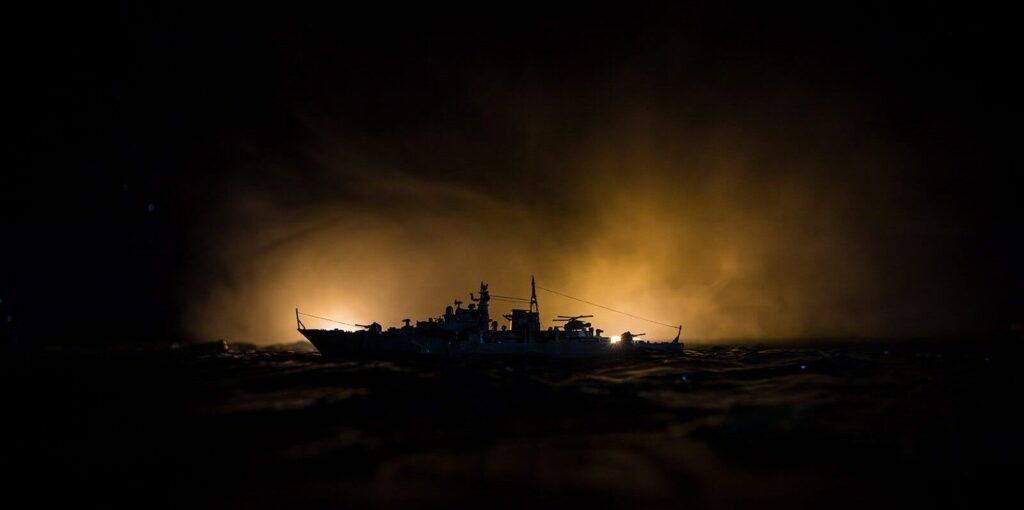Shining a Light on Dark Ships: It’s Time to Protect the Integrity of Our Maritime Domain
With the emergence of increased marine traffic, the threat posed by illegal maritime activities, particularly those carried out by dark ships, has become more pronounced. Dark ships are now of paramount concern due to their involvement in illicit operations and the potential harm they can inflict on subsea assets. Consequently, addressing the issue of dark ships is an immediate and pressing priority.
Combating dark ships with new technology
The need to ensure safety in international waters amidst the growing marine traffic has gained significant attention, finding prominence on the agendas of international maritime conferences and in the reports of reputable news agencies.
Recent incidents in various countries have underscored the critical importance of maritime safety and have heightened the urgency to develop innovative technologies that can contribute to a safer maritime environment, particularly in the realm of dark ship detection and combatting illegal activities conducted on the surface of the sea. Several international consortiums have initiated efforts to address these challenges by issuing diverse tenders that call for the development of new technologies.

Examples of previous illegal activities using dark ships
One alarming instance of dark ship usage was reported in a Sept. 2022 article by The New York Times, which detailed how ships breached U.S. sanctions on Russian crude oil by manipulating (spoofing) their positions and “going dark.” During at least 13 voyages, three tankers deceived authorities by pretending to be sailing west of Japan while secretly docking at terminals in Russia to ship oil to China. This covert maneuvering allowed them to gain significant financial advantages, as they could transport millions of dollars’ worth of oil under the radar.
In 2021, Reuters reported on several incidents involving major shipping companies which were used for multiple illegal oil transfers during their routine operations. Another article documented numerous instances of large-scale misdirection and spoofing, such as the case where 20 ships in the Black Sea had their GPS equipment and navigation systems manipulated to display false positions far away from their actual positions.
Threatening the integrity of our maritime domain
Given that global shipping and marine traffic heavily relies on functioning Automatic Identification System (AIS) transponders, attacks that involve spoofing or tampering with these systems can have profound and far-reaching consequences. Such attacks can lead to significant disruptions in navigation, timing of military exercises, and various other maritime activities, highlighting the need for robust countermeasures to combat dark ships and protect the integrity of the maritime domain.
AIS transponders must always remain operational. Disabling AIS while at sea is frequently associated with vessels exhibiting suspicious behavior. By utilizing Gatehouse Maritime’s Dark Ship Detection solution, you can identify dark ships and analyze their behavioral patterns to determine whether a vessel that has gone offline has bad intentions. Gatehouse Maritime’s software solution allows maritime and government authorities to quickly generate data-driven analytical reports and exchange this vital information with other relevant authorities, thereby strengthening the capabilities for detecting and responding to unlawful maritime operations.
Learn more about our Dark Ships serviceAuthor

Joel Box
Commercial Director
Other knowledge
Let’s get in touch
Do you want do know more about our solutions?
Our experts are ready to answer any questions you might have and show you how our solutions can benefit your operations.
